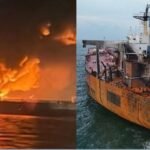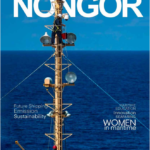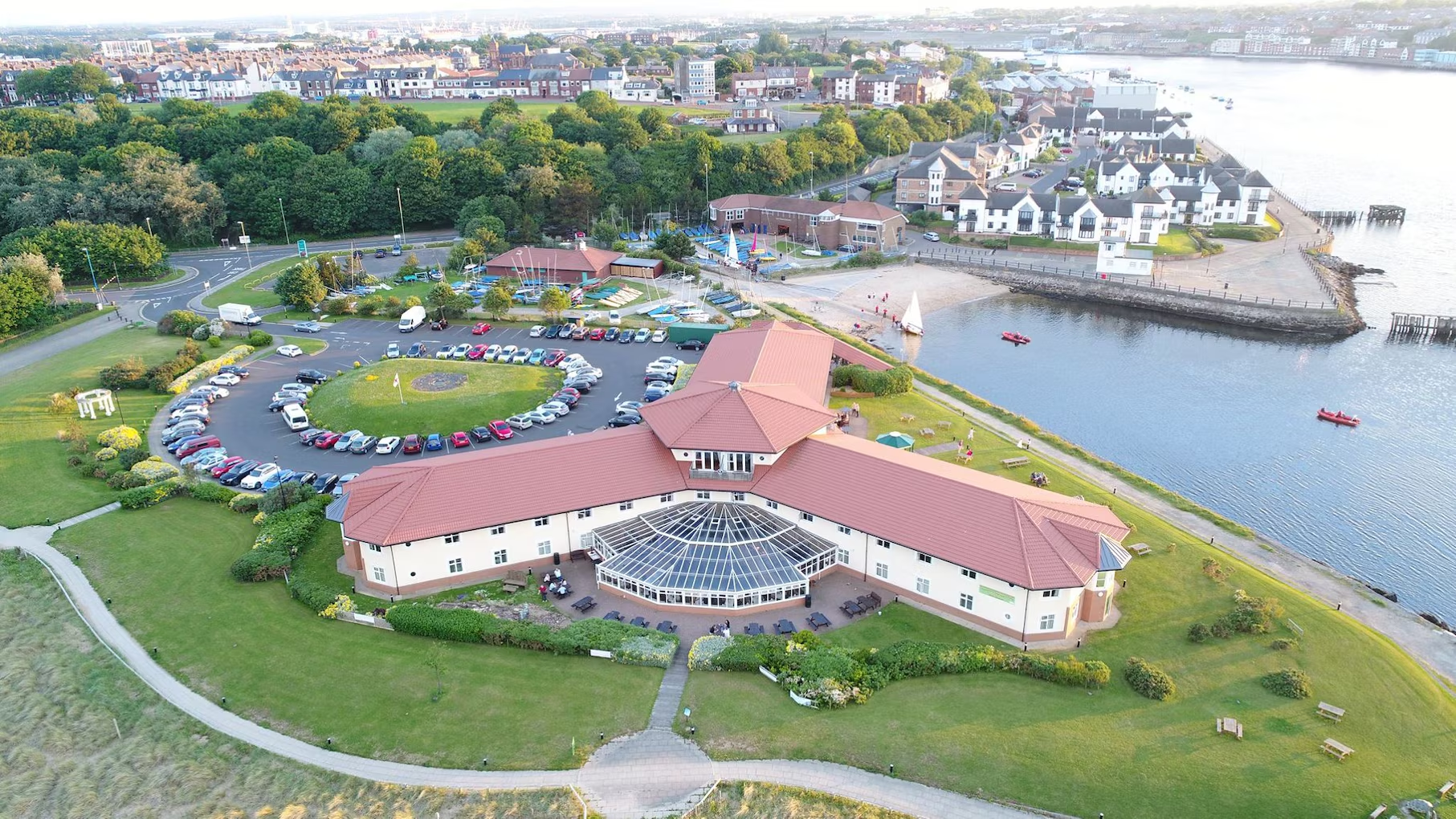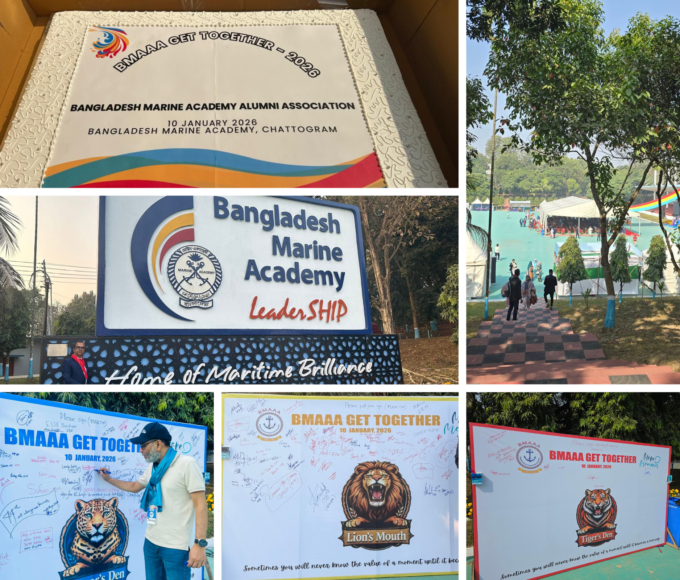Bangladesh is small in size but big in population, perhaps the most densely populated country in the world. Its greatest asset is its vast population. If we can educate and train the people in the right manner then we can make the entire population a productive force and make social and economic progress. There are various sectors and many specific fields in which the population can be trained. In this particular paper we will discuss about the importance of the maritime sector and training of man-power in this sector. Sea plays a very important part in our life. Except for some limited trade with India and Myanmar, the bulk of our international trade is sea-borne. The two sea-ports that we have are our great assets. We must develop them and utilise them to the maximum extent. Not only that – we have to plan and develop a deep sea port. This is because the larger ocean-going ships cannot enter our ports. We have to keep them at anchorage or even away and then ferry the cargo in smaller vessels. This increases the cost of imported materials. In case of chartered vessels we have to pay demurrage in terms of thousands of dollars. There has been lot of talks about transit and transhipment. Why we do not look at it in a comprehensive and positive manner? We must also insist on development of road and railway link with Nepal, Bhutan and adjoining parts of China so that all those cargo can move through our ports and get more business for our ports and related enterprises.
The development of deep sea port will become meaningful if we can use them to maximum commercial benefit. We must not hesitate; rather we should be the driving force behind this idea. Recently we resolved our economic boundary at sea with Myanmar. We are expected to reach similar resolution with India. Then it will be our duty to plan and decide a national strategy on planned exploitation and utilization of our resources. However, to protect our interest and establish our jurisdiction and control, it is necessary for us to have national coastguard and navy. The coastguard should in line with normal international practice provide search and rescue (SAR) near to our coast and combat and contain any accidental pollution apart from fighting piracy and protecting our fishing fleet. The navy will have a more dominant role in showing our flag within the EEZ and protecting our total economic interest by regular patrols. The importance of strong and effective navy and coastguard cannot be over emphasised. What we cannot achieve with our limited resources, we should be able to achieve that by vigorous training and exercise.
Fishing is a very important matter. It is not only a case for catching more fish. It is also a case for protection and preservation to maintain a sustainable growth. The ministry of fisheries must assess the fish stock on the basis of scientific data and determine the total allowable catch (TAC). The ministry of shipping should only register fishing vessels licensed by ministry of fisheries and administer safety and environmental protection including survey-certification of the fishing vessels and examination and certification of the skippers, second hands and engineers. Let us now discuss about oil, gas, mineral and other resources of the sea. This is what we call offshore activities. They include survey vessels, research vessels, rigs and platforms – floating, semi-submersible, jack-up rigs, accommodation vessels, standby and rescue vessels, anchor handling tugs (AHTS), supply vessels, FPSO (floating, production, storage and off-loading), etc. etc. Because they operate at sea, they fall under the jurisdiction of the maritime administration to ensure safety and environmental protection. Our maritime laws/ merchant shipping act should be updated accordingly. Such law could reserve the domestic trade (cabotage) to our own ships. This would mean transportation of goods or passengers from one point in Bangladesh to another by sea route or waterways can only be done by Bangladesh flag vessel. Similar provision could also be extended to offshore activities by stating that all offshore activities including engagement of rigs, platforms and other units within the economic zone of Bangladesh can only be done by units registered in Bangladesh. This could be further extended by a provision to state that any employment on (Bangladesh flagged) ships and units engaged/ operated within EEZ shall be treated as employment in Bangladesh and foreign nationals shall require work permit.
However, there must be clear provision for exemption/ waiver so that development activities are not hampered. Meantime we must gear up offshore training and certification for which there is already a huge demand abroad. It must be clearly understood that offshore activities form a part of the maritime domain through control of exploration and exploitation is a matter for the ministry of energy. It is the ministry of energy that will divide EEZ into various blocks and lease out on best beneficial terms but their safe operation and protection of the marine environment will remain with maritime administration. Our entrepreneurs should explore possibilities of investment in offshore vessels and units and our state owned exploration unit must be a partner (as a mandatory part of contractual agreement) with the foreign contractors. This is the way forward. Shipbuilding is a shore based industry and in general is under the ministry of industries but it is closely linked with maritime sector. Ships built in Bangladesh and registered in Bangladesh must be given all possible incentive. This will encourage local ship-owners to place order for new building in Bangladesh. Ministry of industries and Ministry of Environment should oversee ship-breaking industry bearing in mind that the industry is a big employer and source of basic material (scrap) for our re-rolling industries. However, we must abide by international requirements for health and safety, and protection of the environment. Finally we come to discuss about the real maritime sector – shipping. Historically our seafarers have been serving as ratings when ships used to be owned and managed by European colonial powers. We first saw the European officers and then a few Pakistani officers. Until 1962 when the marine academy was set up, the common people in this country knew nothing about a career (as an officer) in the merchant marine.
Today, by the grace of Allah and hard work, dedication and high professionalism by our officers, hundreds of them are employed around the world. Not only on ships but also ashore in very responsible positions all over the world – USA, Canada, UK, Australia, Hong Kong, Singapore, UAE, Saudi Arabia, and Cyprus. When there is so much gloom and doom, we can be proud of our marine academy and the marine community. We could perhaps do even more by introducing the new alternative training combining deck and engineering together. As stated earlier we must introduce offshore training for those mariners who want to make a career in the oil and gas sector. We should also concentrate on specific training for gas tankers, ECDIS, DP etc. We have to update our rules-regulations and system-procedures to meet the newer requirements. We cannot have a big say in any international forum so long we do not have a big fleet under our flag. We should think over if we should go for an open register or partly open register where certain interests will be retained for purely Bangladeshi investors. We need to have an all party debate on future national policy and re-write a proper merchant shipping act. We have to become party to all international maritime conventions that are already in force internationally. For this, the ministry of shipping and ministry of foreign affairs have to work together.
——————-

<fazlu.chowdhury@btinternet.com> October 2012
This was written while the writer was a Visiting Professor of the World Maritime University and also a Field Consultant for the International Maritime Organisation.
This article was first published in FAIR Magazine Issue 4 : http://fairbd.net/importance-of-maritime-sector-in-national-economy/
















Leave a comment